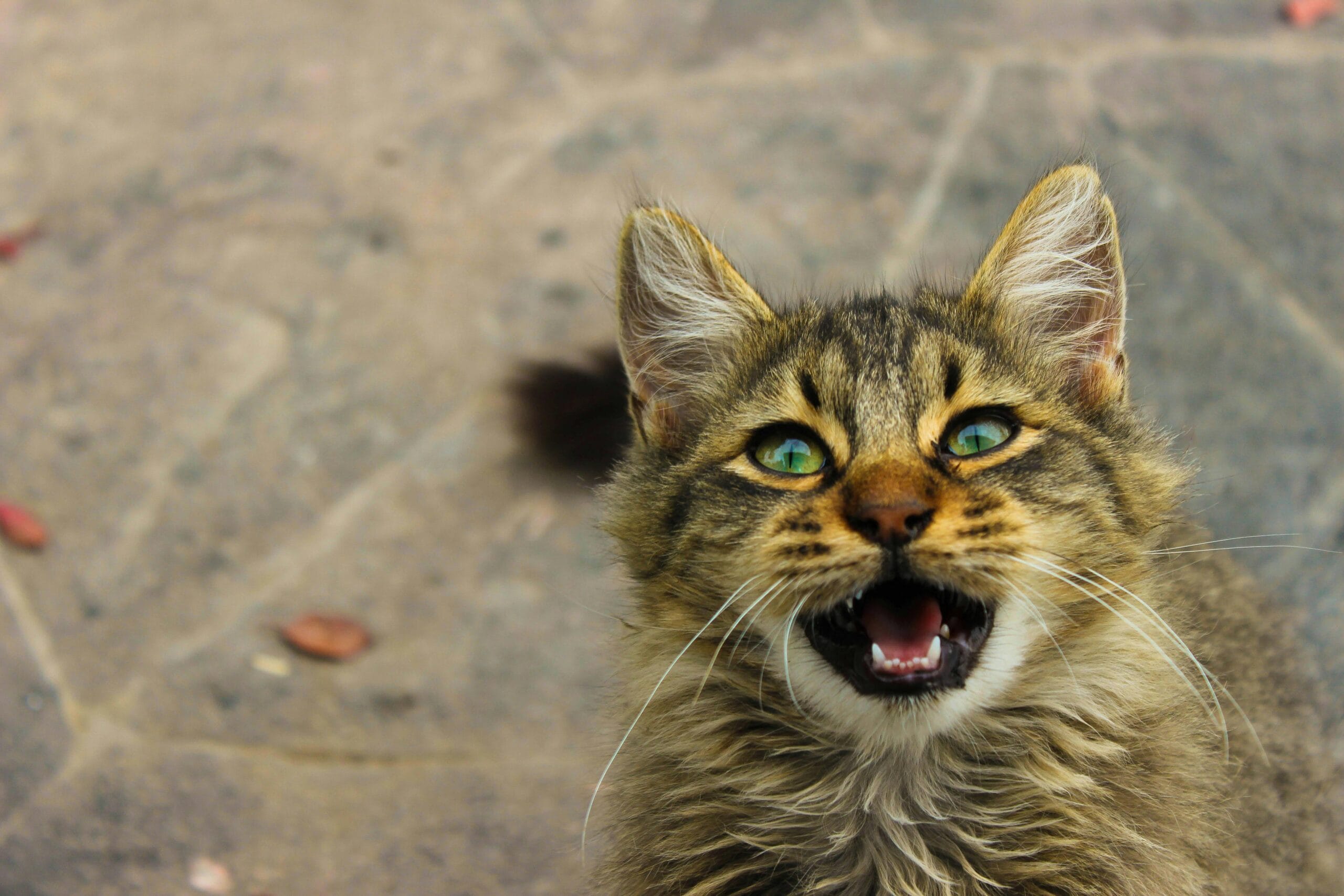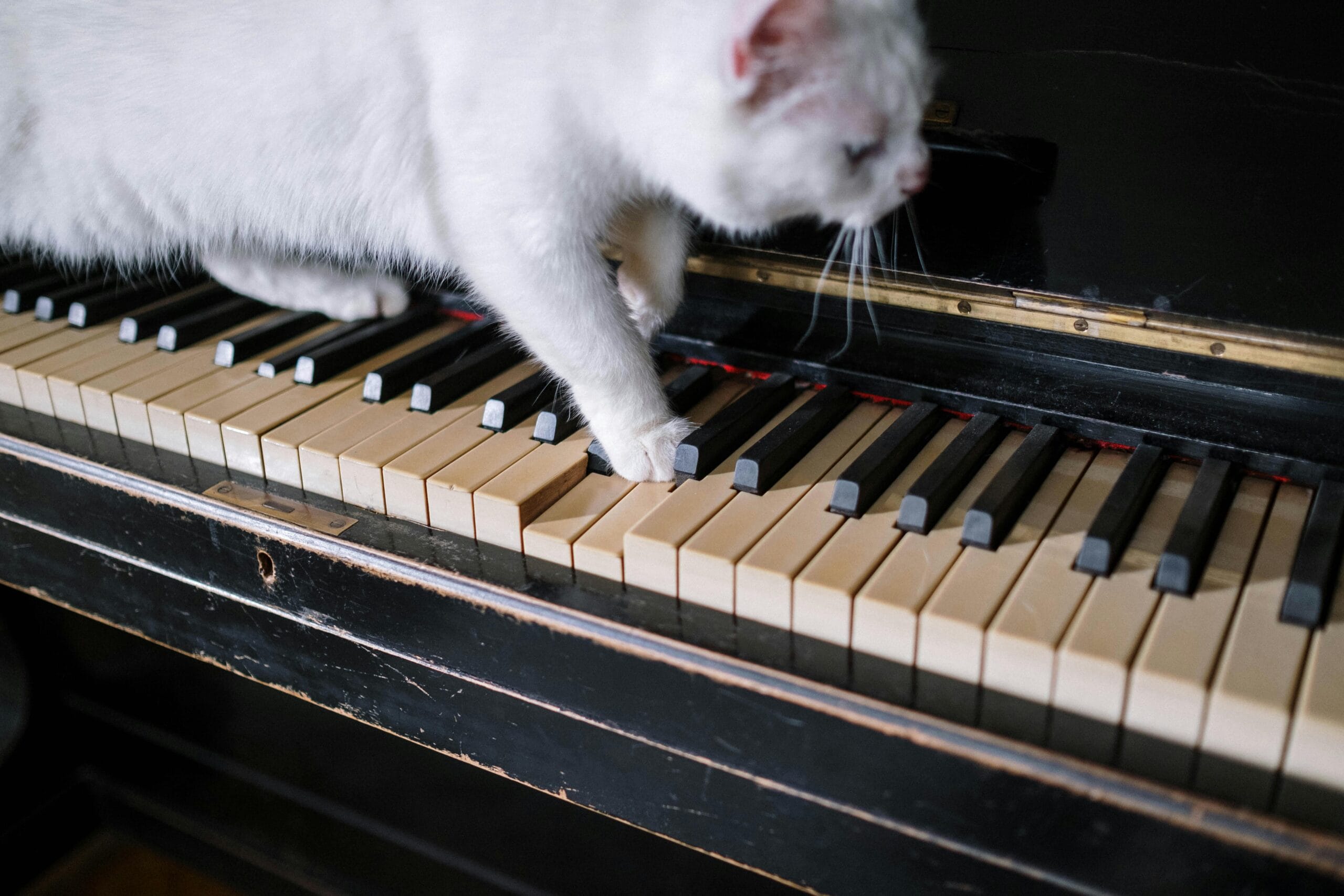Are Monstera Toxic To Cats ?

Are Monstera Toxic To Cats? Discover the truth about Monstera plant cat toxicity. Learn which toxic plants cats should avoid & keep your feline friend safe! Find expert advice now.
Are Monstera Toxic to Cats? A Comprehensive Guide to Monstera Plant Cat Toxicity
The vibrant, tropical allure of the Monstera deliciosa, with its iconic fenestrated leaves, makes it a popular houseplant. However, before bringing one into your home, especially if you’re a cat owner, it’s crucial to understand the potential risks. This comprehensive guide will delve into the question: Are Monstera toxic to cats? We’ll explore the levels of toxicity, symptoms of ingestion, and preventative measures to ensure the safety of your feline friend.
Understanding Monstera Plant Cat Toxicity
The short answer is yes, Monstera plants are toxic to cats. All parts of the Monstera, including the stems, leaves, and even the sap, contain insoluble calcium oxalate crystals. These crystals are sharp and needle-like, and when ingested by a cat, they can cause significant irritation and discomfort. The severity of the reaction depends on the amount ingested and the individual cat’s sensitivity.
Symptoms of Monstera Ingestion in Cats
If your cat has ingested any part of a Monstera plant, you may observe several symptoms. These can range from mild to severe, and prompt veterinary attention is crucial if you suspect your cat has eaten a Monstera. Common symptoms of Monstera plant cat toxicity include:
- Oral irritation: Excessive drooling, pawing at the mouth, and difficulty swallowing are often the first signs.
- Vomiting: Your cat may vomit due to the irritation caused by the calcium oxalate crystals.
- Difficulty swallowing: The sharp crystals can cause pain and make swallowing difficult.
- Loss of appetite: Your cat may lose interest in food due to discomfort and pain.
- Swelling of the mouth and tongue: In more severe cases, swelling can occur, making breathing difficult.
- Excessive meowing: Your cat may vocalize more than usual due to discomfort.
It’s important to note that these symptoms can appear anywhere from immediately after ingestion to several hours later. The severity of the symptoms will vary depending on the quantity of plant material consumed and your cat’s size and overall health.
What to Do if Your Cat Eats a Monstera
If you witness your cat eating a part of a Monstera plant, act quickly. First, remove any remaining plant material from your cat’s reach. Then, follow these steps:
- Contact your veterinarian immediately: Don’t wait for symptoms to worsen. A timely intervention can prevent complications.
- Try to identify the amount ingested: This information will be helpful for your veterinarian in determining the appropriate treatment.
- Observe your cat closely: Monitor your cat for any changes in behavior or symptoms.
- Follow your veterinarian’s instructions: Your vet may recommend inducing vomiting or other treatment based on your cat’s condition.
Preventing Monstera Ingestion in Cats: Strategies for Safe Coexistence
Prevention is always better than cure when it comes to toxic plants and cats. Here are some strategies to help prevent your cat from ingesting a Monstera plant:
- Keep the plant out of reach: Place your Monstera on a high shelf, hanging planter, or in another area inaccessible to your cat. This is often the most effective method.
- Use deterrents: Some cat owners use citrus-scented sprays or commercial cat repellents to discourage their cats from approaching the plant. However, effectiveness varies.
- Provide alternative activities: Ensure your cat has plenty of toys, scratching posts, and enrichment activities to divert their attention away from your Monstera.
- Train your cat: While this can be challenging, consistent training using positive reinforcement can help teach your cat to avoid certain areas.
- Consider alternative plants: Many cat-friendly plants are available; choosing one of these is a safer option if you worry about your cat’s safety.
Other Toxic Plants Cats Should Avoid
The Monstera isn’t the only plant you need to be mindful of. Many common houseplants pose a risk to cats. Some other examples of toxic plants cats should avoid include lilies (highly toxic!), tulips, azaleas, and daffodils. For a complete list, you can refer to resources like the ASPCA’s website, which provides a comprehensive database of toxic and non-toxic plants for pets. You can find this helpful information on the ASPCA website.
Understanding the Severity of Monstera Toxicity
While the calcium oxalate crystals in Monstera plants can cause significant discomfort and irritation, they are generally not considered life-threatening in most cases, particularly with prompt veterinary care. However, severe reactions are possible, especially if a large quantity of the plant is ingested, or if your cat has underlying health conditions. The severity of the reaction depends on many factors, making immediate veterinary attention always the best course of action.
The Role of Veterinary Care in Monstera Plant Poisoning
Your veterinarian plays a crucial role in managing Monstera poisoning in cats. They can assess the severity of the ingestion, provide appropriate treatment to relieve symptoms (like managing pain and inflammation), and monitor your cat’s recovery. Early intervention is key to a positive outcome. Early diagnosis and treatment can significantly reduce the chances of complications. Many veterinary clinics have 24-hour emergency services; don’t hesitate to utilize these if needed.
Long-Term Effects of Monstera Ingestion
In most instances, with prompt veterinary care, cats recover fully from Monstera ingestion without lasting effects. However, in severe cases, there’s a risk of long-term complications such as esophageal damage if treatment is delayed or insufficient. Therefore, seeking immediate veterinary attention when suspecting Monstera ingestion is paramount.
Frequently Asked Questions (FAQs) about Monstera Toxicity for Cats
Q: Are all Monstera varieties equally toxic to cats?
A: Yes, all parts of all Monstera varieties contain calcium oxalate crystals, making them potentially harmful to cats.
Q: Can a small amount of Monstera cause harm to my cat?
A: Even a small amount can cause oral irritation and discomfort. It’s best to prevent ingestion altogether.
Q: My cat only licked a Monstera leaf; should I be concerned?
A: While a quick lick is less likely to cause severe problems, monitor your cat for any symptoms. If you notice any unusual behavior, contact your veterinarian.
Q: Are there any home remedies for Monstera ingestion in cats?
A: No, do not attempt home remedies. Contact your veterinarian immediately for appropriate treatment.
Q: How can I make my home safer for my cat and my Monstera?
A: Combining plant placement strategies and creating a stimulating environment for your cat offers the best solution. Consider pet-safe alternatives.
For more in-depth information on toxic plants and pet safety, consult the Pet Poison Helpline, a valuable resource for pet owners.
Conclusion: Prioritizing Your Cat’s Safety
Understanding the potential dangers of Monstera plant cat toxicity is essential for responsible pet ownership. By implementing preventative measures and knowing how to respond in case of ingestion, you can ensure a safe and harmonious environment for both your feline friend and your beloved Monstera plant. Remember, prevention is key, and prompt veterinary care is crucial if your cat does ingest any part of the plant. Never hesitate to seek professional help if you are concerned.
Share Your Experiences!
Have you had any experiences with your cats and Monstera plants? Share your stories and tips in the comments below! Let’s create a community to support each other in keeping our feline companions safe from toxic plants cats might encounter.

10 FAQs: Are Monstera Toxic to Cats?
1. Q: Are Monstera plants toxic to cats?
A: Yes, Monstera plants (including deliciosa and adansonii) are considered toxic to cats. They contain insoluble calcium oxalates, which cause irritation and discomfort if ingested. This relates directly to the issue of Monstera Plant Cat Toxicity.
2. Q: What happens if my cat eats a Monstera leaf?
A: Ingesting Monstera leaves can cause oral irritation, excessive drooling, vomiting, and difficulty swallowing in cats. The severity depends on the amount consumed. These are symptoms of Toxic Plants Cats may experience.
3. Q: How toxic are Monstera plants to cats?
A: While not usually fatal, Monstera plants pose a significant risk to cats. The severity of the reaction varies depending on the cat’s size and the amount of plant material ingested. Understanding Monstera Plant Cat Toxicity is crucial for pet owners.
4. Q: Are all parts of a Monstera plant toxic to cats?
A: Yes, all parts of the Monstera plant – leaves, stems, and even the sap – contain insoluble calcium oxalates and are therefore potentially harmful if ingested by your cat. This is a key aspect of Are Monstera Toxic To Cats.
5. Q: What should I do if my cat eats a Monstera leaf?
A: Contact your veterinarian immediately. Observe your cat for symptoms and provide details of the ingestion to your vet. Early intervention is crucial in mitigating the effects of Toxic Plants Cats can encounter.
6. Q: My cat only licked a Monstera leaf, should I be concerned?
A: Even licking a Monstera leaf can cause mild irritation of the mouth and tongue. Monitor your cat for any signs of discomfort, such as excessive licking or pawing at the mouth. If symptoms worsen, contact your vet. This relates to the broader topic of Are Monstera Toxic To Cats.
7. Q: Are there any Monstera varieties that are not toxic to cats?
A: No, all Monstera varieties contain insoluble calcium oxalates and are considered toxic to cats. There are no non-toxic Monstera options. Therefore, prevention is key concerning Monstera Plant Cat Toxicity.
8. Q: How can I prevent my cat from eating my Monstera?
A: Place the Monstera plant out of your cat’s reach, preferably in a room your cat doesn’t frequently access. Consider using cat deterrents or training your cat to avoid the plant. This addresses the concern of Are Monstera Toxic To Cats proactively.
9. Q: What are the long-term effects of Monstera ingestion on cats?
A: While usually not life-threatening, repeated ingestion can lead to chronic oral irritation. It’s important to prevent any future incidents and keep your cat away from the plant to avoid potential long-term health issues related to Toxic Plants Cats might ingest.
10. Q: Is it better to remove the Monstera plant from my home if I have a cat?
A: Yes, removing the Monstera plant from your home is the safest option if you own a cat to prevent any potential ingestion and related health issues associated with Monstera Plant Cat Toxicity. It’s a proactive measure to ensure your cat’s safety.

Are Monstera Plants Toxic to Cats? Practical Tips and Health Considerations
Monstera deliciosa, with its iconic fenestrated leaves, is a popular houseplant. However, it’s crucial to know that yes, Monstera plants are toxic to cats. They contain insoluble calcium oxalates, which cause irritation and discomfort if ingested.
Understanding the Toxicity
The insoluble calcium oxalates in Monstera leaves are the culprits. When a cat chews or ingests parts of the plant, these crystals can cause:
- Oral irritation: Burning sensation in the mouth, excessive drooling, and pawing at the mouth.
- Vomiting: The cat’s body attempts to expel the irritant.
- Difficulty swallowing: Swelling in the mouth and throat can make swallowing painful and difficult.
While rarely fatal, these symptoms can be distressing for your cat and require veterinary attention.
Practical Tips for Cat Owners
- Keep Monsteras Out of Reach: Place your Monstera plant in a location inaccessible to your cat, ideally on a high shelf or hanging planter.
- Provide Alternative Entertainment: Offer your cat engaging toys and scratching posts to distract them from your plants.
- Cat-Friendly Plants: Consider replacing your Monstera with cat-friendly alternatives, such as spider plants, catnip, or cat grass.
- Monitor Your Cat: Regularly observe your cat’s behavior and watch for signs of ingestion. Early detection is crucial.
- Emergency Preparedness: Know the number of your local veterinary emergency clinic and have a plan in case of ingestion.
What to Do if Your Cat Ingests a Monstera
If you suspect your cat has ingested part of a Monstera plant, contact your veterinarian immediately. Describe the amount ingested and observe your cat for symptoms. Your vet may recommend inducing vomiting or providing supportive care.
SEO Keywords:
monstera toxic cats, monstera cat poisoning, are monsteras poisonous to cats, cat safe plants, toxic plants for cats, cat plant safety, calcium oxalate toxicity cats, monstera deliciosa toxicity